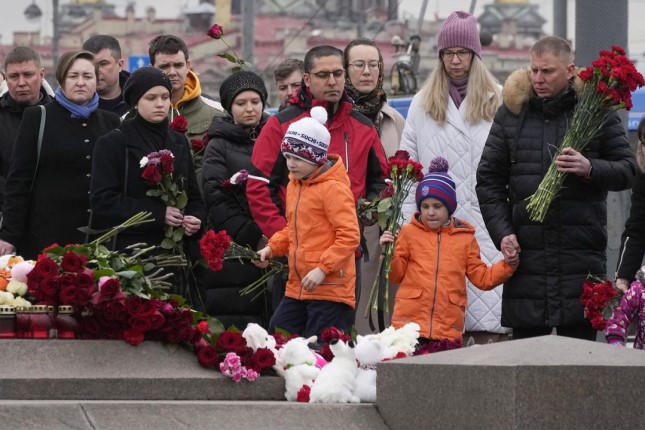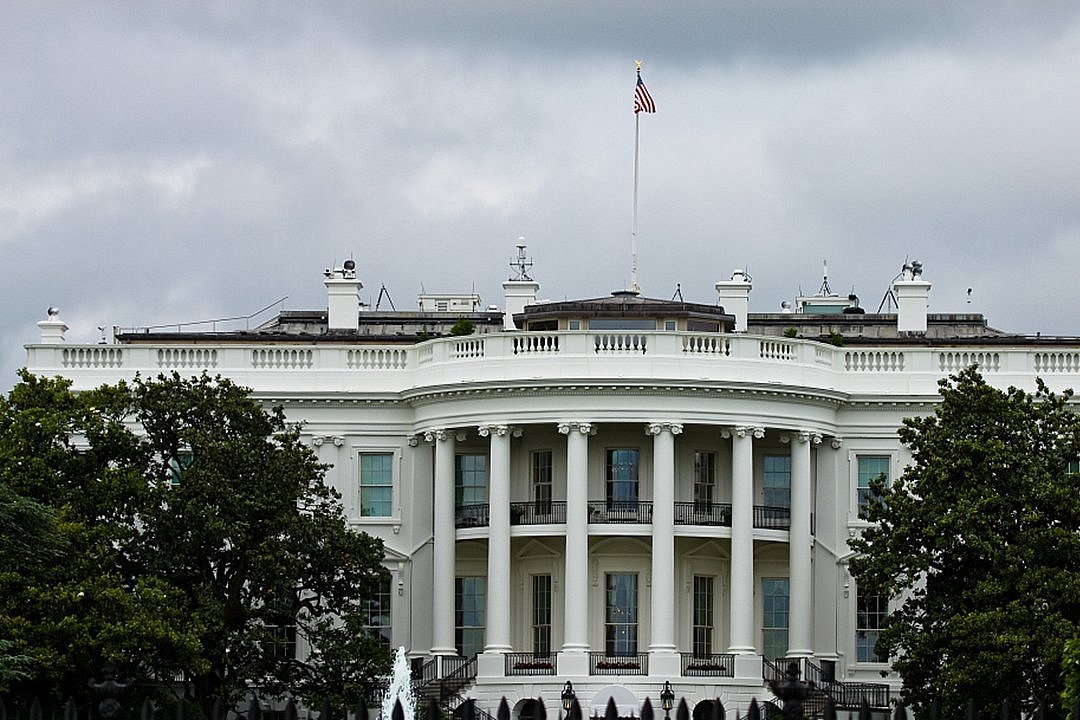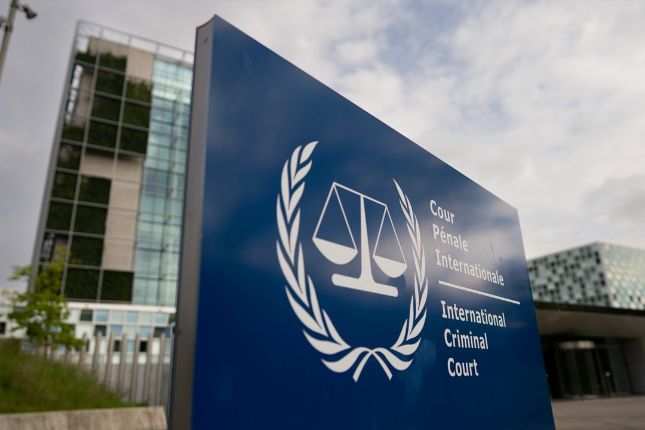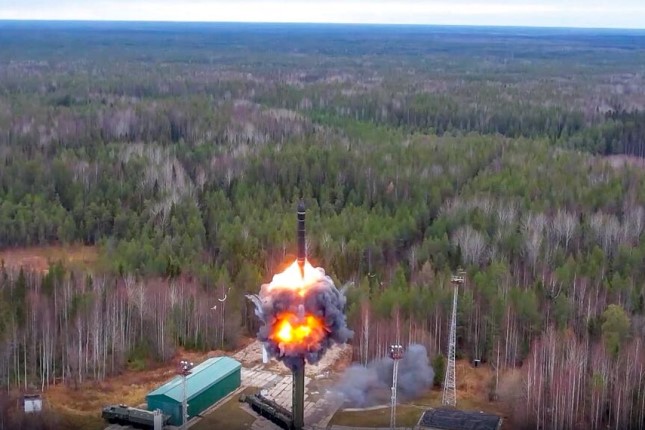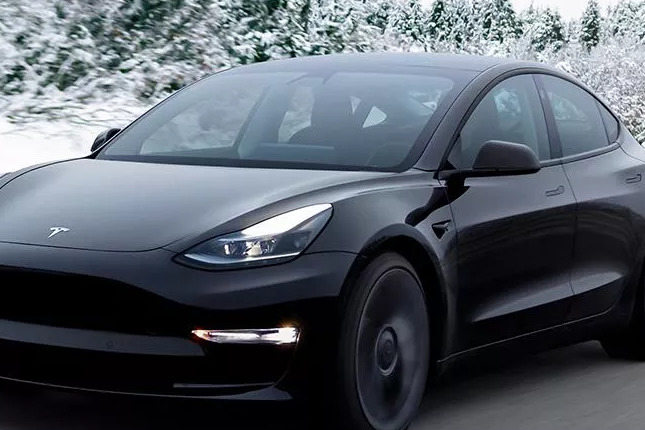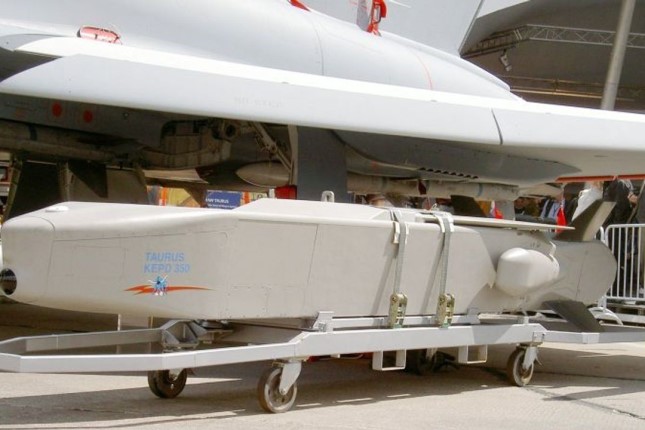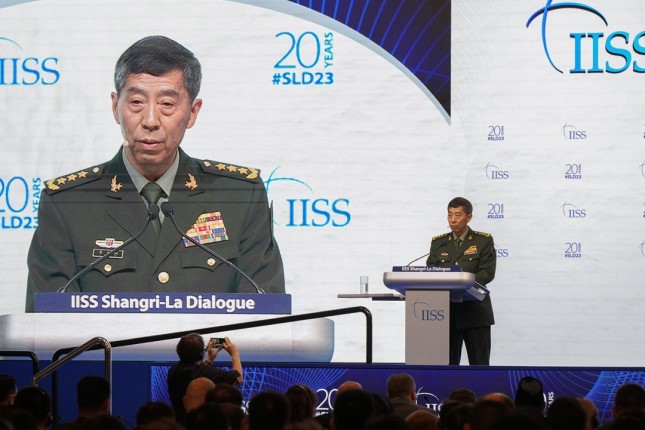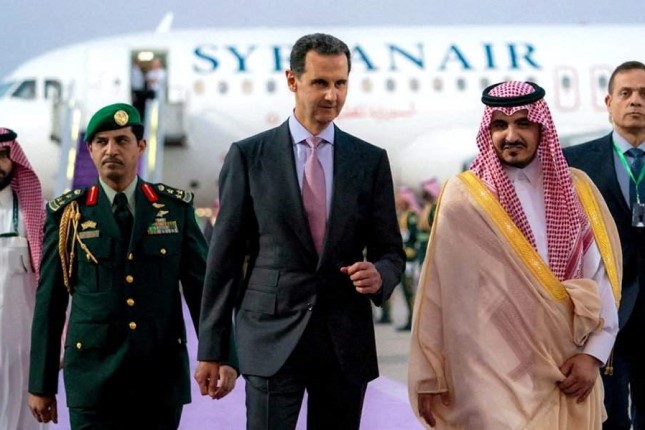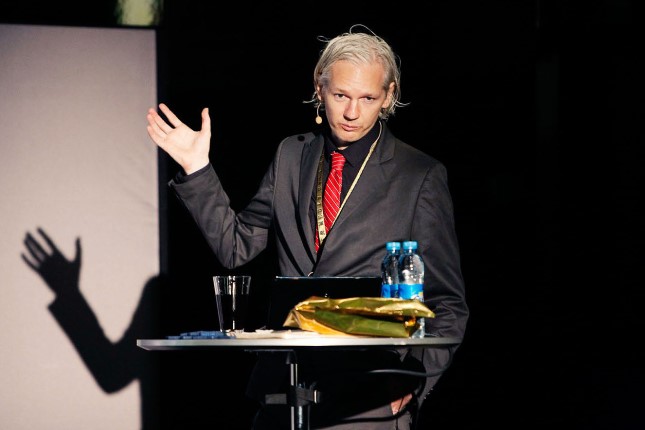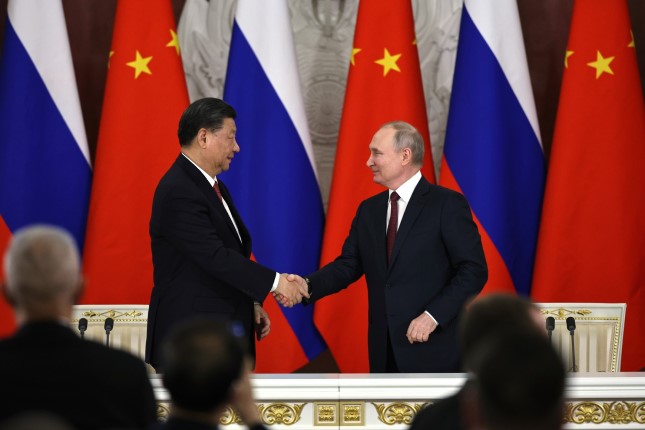According to Russian President Vladimir Putin, the perpetrators were captured on their way to the Ukrainian border, where “a window” had been prepared for them to cross into Ukraine. The four main suspects were identified as immigrants from Tajikistan, a desperately impoverished former Soviet republic in Central Asia. They have pleaded guilty and claim to have acted on behalf of as yet unidentified intermediaries for money. The Afghan-based Islamist terrorist group ISIS-K has claimed responsibility for the attack.
The principal mouthpieces of US imperialism, the New York Times and the Washington Post, have promptly initiated a campaign to deny the involvement of the US and Ukraine in this attack. Both outlets immediately dismissed Putin’s statement about a connection to Ukraine, citing unnamed “US security officials.” Without providing any evidence, they simply echoed the claims of the White House and Kiev, made almost as soon as the attack occurred, that neither the US nor Ukraine were involved.
How is it possible for the major US media outlets to immediately exclude any connection between this attack and a war raging between Russia and Ukraine, with significant US involvement?
In fact, their claims have no more credibility than their earlier denials of US and Ukrainian involvement in the bombing of the German-Russian Nord Stream gas pipeline. There have been many instances where US denials of culpability later proved to be false. This places the burden of proof on them to prove their innocence. The attack has the mark of the CIA and its proxies in Kiev all over it.
The war propaganda in the media about the terrorist attack reveals its political purpose. The Times wrote, with barely concealed glee, that the attack was “a blow to Mr. Putin’s aura as a leader for whom national security is paramount.” Now, the Times surmised, Russians “might ask whether Mr. Putin, with the invasion and his conflict with the West, truly has the country’s security interests at heart—or whether he is woefully forsaking them, as many of his opponents say he is.”
Taking an almost identical line, the Washington Post published a piece under the headline, “Terrorist attack in Russia exposes vulnerabilities of Putin’s regime.” It gloated that the attack “smashed through Putin’s efforts to present Russia as strong, united and resilient” and quoted a “Moscow businessman” criticizing the “lack of responsibility for security at large public events” under Putin.
The same line was taken in the Financial Times, which declared that Russian allegations of Ukrainian responsibility serve to “deflect attention from gaps in Moscow’s security system, which have widened since Putin’s full-scale invasion of Ukraine two years ago.”
The claim that Putin was “distracted” by the Ukraine war does not refute US-Ukrainian involvement in the attack. Rather, it might have been a factor that led NATO plotters to believe that an attack had a high probability of success.
Central to the imperialist propaganda about the supposed “non-involvement” of the US and Ukraine is the fact that ISIS-K has claimed responsibility for the attack. But the involvement of ISIS-K would not disprove Ukrainian and US involvement. On the contrary.
ISIS-K is largely a creation of US imperialism and its decades-long wars in the Middle East and Central Asia. In 2021, the Wall Street Journal reported that US-trained intelligence agents and elite counterinsurgency troops were joining ISIS-K in Afghanistan. Tajikistan, from where the suspected terrorists hail, has long been entangled in the armed conflicts in Afghanistan, going back to the 1980s when the US trained and funded Islamist fundamentalists in its war against the Soviet Union.
In this context, the March 7 warning by the US embassy in Moscow of an impending major terrorist attack in Russia, can only be interpreted as an attempt to create an alibi for the US in the lead-up to the operation of its proxies.
The involvement of Ukrainian intelligence, which coordinates its day-to-day operations closely with NATO and the US, is also all but evident. In January 2023, the Times reported that nationalist and far-right elements from across the former Soviet Union, including Russia’s North Caucasus and Central Asia, had flocked to Ukraine to fight in NATO’s war against Russia.
As the Times wrote, “most of them harbor long-term political ambitions to return home and overthrow the Russian and Belarusian governments. … The volunteers themselves say that they are acting with the full knowledge and under the orders of the Ukrainian Army and intelligence services. Many of their operations are covert, including dangerous reconnaissance or sabotage missions behind Russian lines.”
And just days before the Moscow terror attack, the Times hailed Russian neo-Nazis, which “were openly backed by Ukraine’s military intelligence agency” for an incursion of the country during the presidential elections as “rebellious Russians.” Their “daring attacks,” the Times wrote, could help “undermine the sense of stability in Russia and divert the country’s military resources from Ukraine.”
The line of argument developed by the Times and rebroadcast in the world press reveals the political purpose of the terrorist operation. With NATO’s proxy forces in Ukraine facing a military debacle, the terror attack in Moscow was part of the efforts to open up a second front in the war, within Russia itself.
The aim is three-fold: First, to embolden opposition to the Putin regime within the oligarchy and state apparatus; second, to provoke a military response by the Kremlin that can serve as the pretext for a further escalation of the war by NATO; and third, to foster ethnic and religious tensions within Russia that would destabilize the regime and facilitate the carve-up of the entire region by the imperialist powers.
Photo: People lay flowers at a spontaneous memorial in memory of the victims of Moscow attack in St. Petersburg, Russia, Sunday, March 24, 2024 © AP Photo / Dmitri Lovetsky.
Source: World Socialist Web Site.
